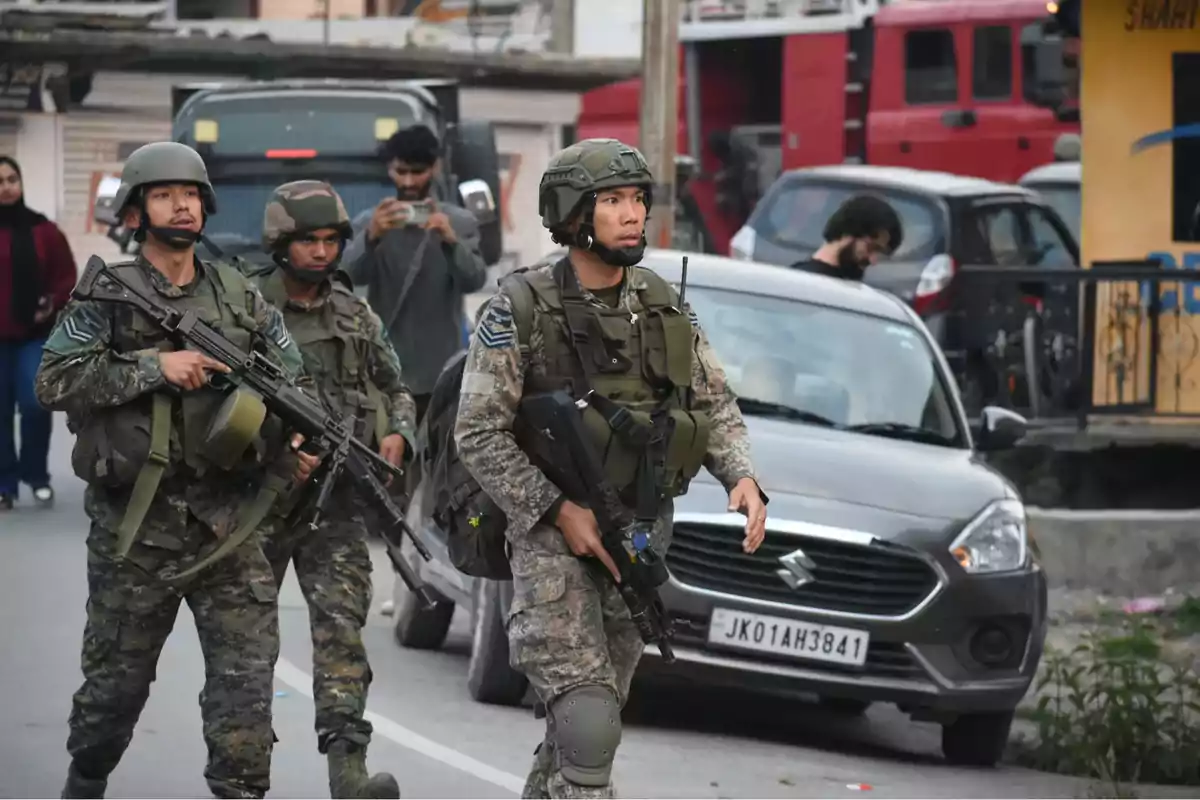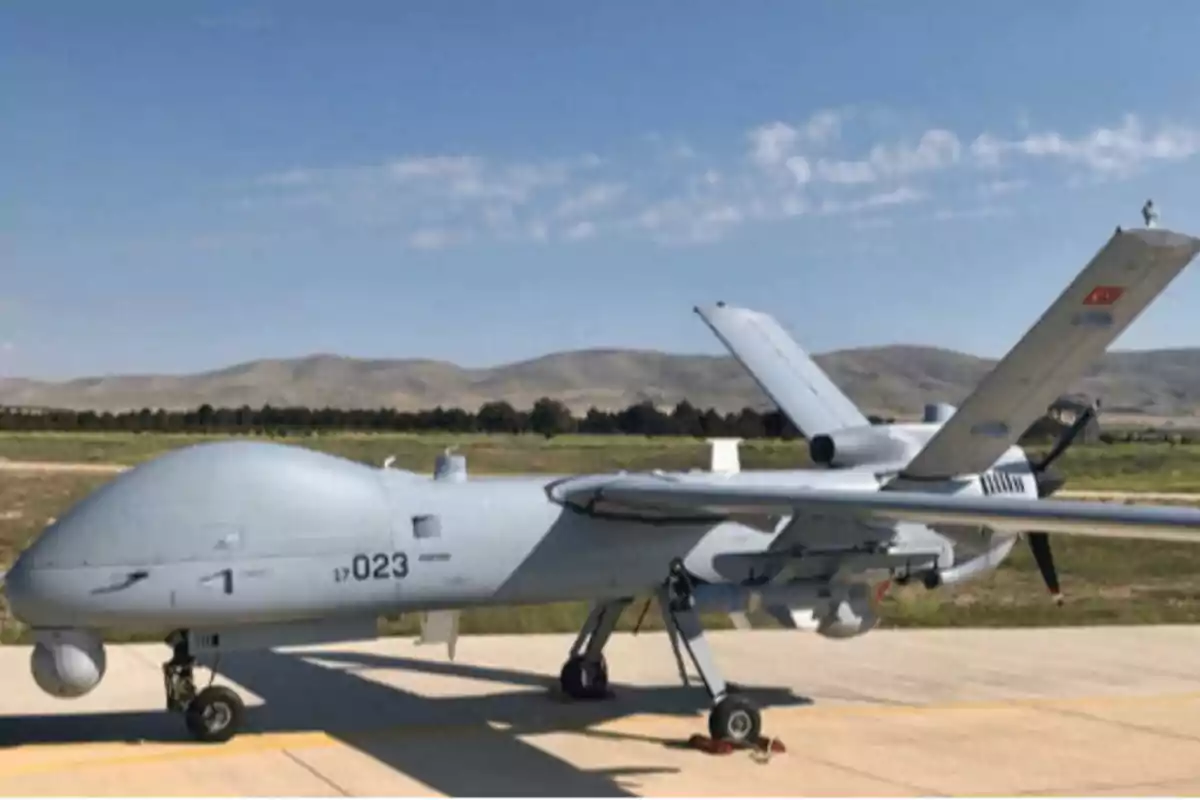
Pakistan bombed new positions in Kashmir and declared war on India.
In a new escalation of tensions between both Asian countries, Pakistan bombed the India-controlled Kashmir region again
The tension between India and Pakistanhas escalated drastically over the past few days, generating the worst armed conflict between the two countries in nearly three decades. Pakistan's armed forces have formally declared that the country is at war with India.
Since Wednesday, airstrikes, drone usage, cross-border shelling, and massive blackouts have been reported in areas near the Line of Control (LoC), which divides the disputed region of Kashmir. The conflict has already left at least 48 dead, according to unverified estimates from both sides.
The crisis intensified after an attack in April in which 26 Hindu tourists were killed in the Indian part of Kashmir. In retaliation, India launched missile strikes on Wednesday, claiming to have hit nine terrorist infrastructure facilities in Pakistani territory and in the Kashmir area under Islamabad's control.
Pakistan denied any involvement in the attack on the tourists and maintained that the targets attacked were not military or extremist group objectives.
Pakistán bombardeó nuevas posiciones en Kashmir y declaró la guerra a India
From Thursday night through Friday, multiple explosions were reported in key cities like Jammu and Srinagar (in Indian Kashmir), and in Amritsar, a sacred city for Sikhs in the state of Punjab.
In Jammu, flashes were observed and explosions were heard amid blackouts. Residents reported seeing drones in the sky, while the Indian army confirmed intercepting and confronting enemy drones.
A dozen explosions were heard near Srinagar airport, while blasts were also reported in at least a dozen other locations in the region.
Indian armed forces claim that Pakistan used Turkish-origin drones to attack 36 points within India, from Kashmir to coastal areas of the Arabian Sea. In response, India launched drones against targets in Pakistan and destroyed an air defense system, according to Indian Air Force officer Vyomika Singh.

Tensions have spread beyond the Kashmir region. In Amritsar, sirens blared for more than two hours, causing panic among residents and tourists, many of whom fled the city by road due to the airport closure.
In the desert state of Rajasthan, schools and educational centers were ordered to close, and residents near the border with Pakistan were urged to evacuate. In Gujarat, tourist buses were put on alert to evacuate people if necessary.
The economic impact has been immediate. Indian stock markets fell for the second consecutive day, losing about 83 billion dollars in market value. In contrast, Pakistan's benchmark stock index rose by 3.5%, driven by an apparent reduction in violence in its territory following the initial clashes.

The international response was swift. White House spokeswoman Karoline Leavitt stated that the United States is in constant contact with both nations. The international community has expressed concern over the risk of a greater escalation, especially given that both countries possess nuclear weapons.
Meanwhile, Pakistani authorities reported that Indian artillery killed five civilians, including a baby, and injured 29 others in Pakistani Kashmir.
Pakistani military spokesman Ahmed Sharif Chaudhry warned that Pakistan is not seeking de-escalation and promised a response at the time and in the manner they deem appropriate.
He accused India of indiscriminately targeting civilian targets and using military aviation knowing that civilian flights over Karachi and Lahore could be in danger, which he called irresponsible.

India, meanwhile, claims to have shown "considerable restraint" and accuses Pakistan of launching drones and missiles against civilian infrastructure, something Islamabad denies.
The Indian foreign ministry also presented evidence showing Pakistan's use of civilian aircraft as shields during attacks, which caused strong criticism.
Omar Abdullah, chief minister of the territory of Jammu and Kashmir, urged the population to stay in their homes and not spread rumors, while sirens blared and new explosions were reported in the city of Jammu.

The situation is especially tense in this historically conflict-ridden region, the scene of three wars between India and Pakistan since their independence in 1947, two of them over the territorial dispute over Kashmir.
The hybrid war that is unfolding, with drones, bombings, cyberattacks, and psychological warfare, represents a new phase in the hostilities between both countries. The suspension of the Indian Premier League (IPL) and the relocation of the rest of the Pakistan Super League (PSL) to the United Arab Emirates symbolize the magnitude of the crisis.
More posts: